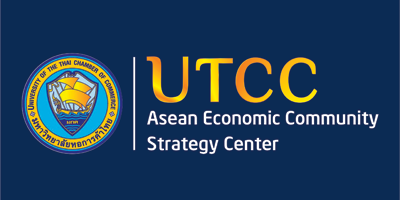Myanmar: Politics and economy two sides of the same coin
As part of the interview, EU ambassador Roland Kobia spoke to The Myanmar Times on the importance of political stability on investor confidence and the economy.
Apart from the issues you mentioned, what concerns do EU businesses have?
I want to raise another issue, the political factor. The new government has been in power for one year. This is still a short incubation period. You need a bit of time for new policies to be developed and kick in. Myanmar also still has to cope with various concomitant challenges such as conflicts, inter-communal tensions, extremism, protectionism, illegal networks…
All these things need to be tackled because the political issues also have an impact on the investments. Politics and economy are two sides of the same coin. Investors are not only looking at the economic environment and infrastructure, they are also worried about the political difficulties in the country, and this impacts investments.
Sometimes, companies ask me whether it is safe to invest in Myanmar, considering all the news reports about conflict and inter-communal tensions in the country. And investors are scared because they don’t want to waste their money. Without political stability, without security and without peace, it’s very difficult to develop an economy. You cannot attract the investors if you have these kinds of problems.
I’ve been here for almost four years and throughout the four years, many Myanmar friends asked me why the European companies do not invest in Rakhine to help the situation there and offer opportunities.
Who is going to invest in Rakhine today? Nobody, let’s be honest about it and move forward to find solutions. Not even Myanmar companies invest there massively, because Rakhine is a highly volatile state – you’ve got conflict and tensions, military or police operations, inter-communal problems, poverty and a very low level of development.
It’s not for the investors to take the risk, they don’t do politics. It’s for the country to create the context that will convince investors to invest.
Rakhine is only one example, but there are other states and regions such as Shan and Kachin that suffer from instability and hence deter investments. So the stability factor is very important and this is often overlooked. People always concentrate on purely economic factors but political factors are also determining.
Source: http://www.mmtimes.com/index.php/business/25906-politics-and-economy-two-sides-of-the-same-coin.html


 English
English




